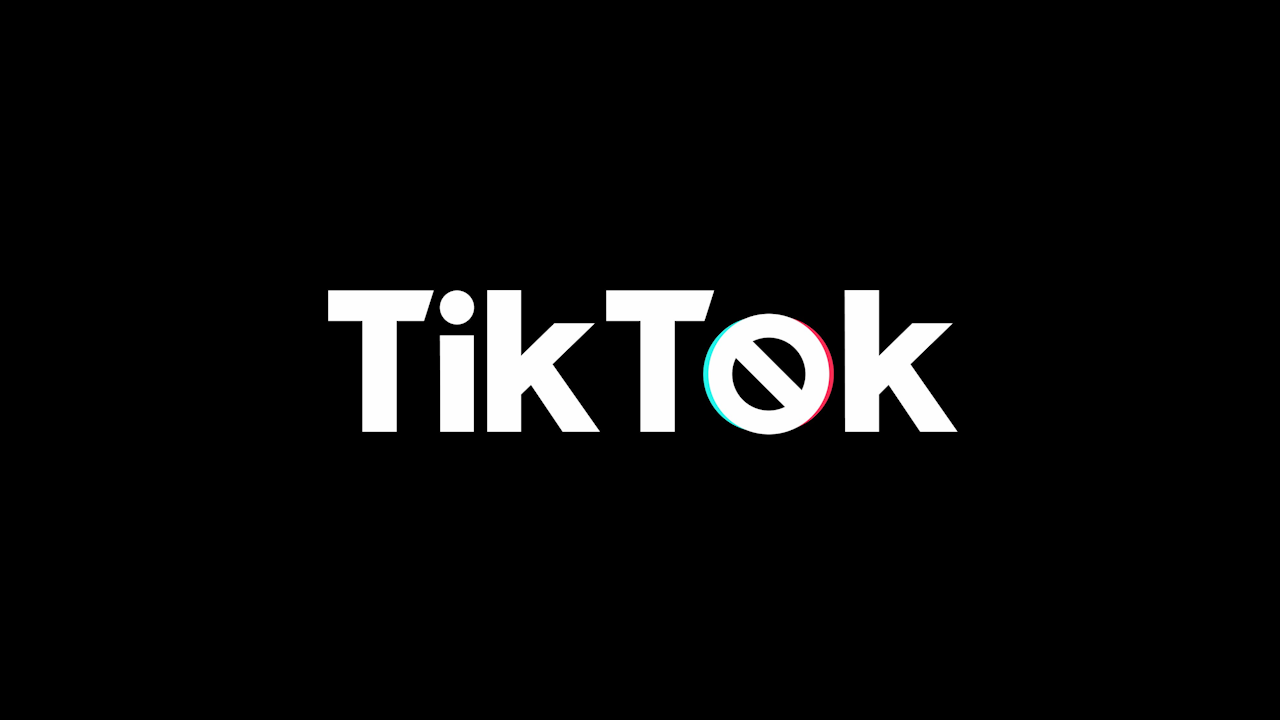TikTok’s meteoric rise in recent years has undeniably sent ripples throughout the fabric of modern life, and perhaps nowhere is this impact felt more profoundly than in the music industry. With its unique format centered around short-form videos, user-generated challenges, and the potent engine of viral trends, TikTok has transcended its initial perception as a mere lip-syncing app to become a dominant force shaping popular culture, particularly in how we discover, consume, and interact with music. This digital phenomenon has not only democratized music discovery but has also compelled artists, record labels, and the entire industry ecosystem to adapt to its fast-paced, algorithm-driven landscape.
One of the most significant ways TikTok has revolutionized the music industry is through its unparalleled ability to facilitate viral trends. A catchy snippet of a song, when paired with a compelling dance, a humorous skit, or a relatable meme, can explode across the platform, reaching millions of users in a matter of days. This virality has the power to propel previously unknown tracks to the top of global charts and breathe new life into older songs, introducing them to a new generation of listeners. The success of Lil Nas X’s “Old Town Road,” which gained immense popularity through TikTok memes and challenges, serves as a prime example of how the platform can catapult an artist to mainstream recognition. Similarly, older tracks like Fleetwood Mac’s “Dreams” experienced a resurgence in popularity decades after their release due to viral TikTok videos. This demonstrates TikTok’s unique capacity to transcend traditional gatekeepers and timelines in the music industry.
Furthermore, TikTok has emerged as a powerful platform for music discovery. Unlike traditional radio or even streaming service algorithms that often rely on established listening patterns, TikTok’s “For You Page” exposes users to a diverse range of sounds, often based on short, engaging clips. This has created an environment where emerging artists can bypass traditional industry hurdles and directly connect with potential fans. Many aspiring musicians have garnered significant followings and even secured record deals simply by sharing their music on the platform. The emphasis on short, attention-grabbing hooks has also influenced song structures, with artists and producers increasingly focusing on creating immediately engaging 15-30 second segments that are likely to resonate within the TikTok format. This has led to what some have termed the “TikTokification” of pop music, with a greater emphasis on catchy choruses and easily digestible segments.
The music industry has been quick to recognize and adapt to TikTok’s influence. Record labels now actively monitor trends on the platform, seeking out viral sounds and emerging artists. Marketing strategies have shifted to incorporate TikTok-specific campaigns, often involving collaborations with popular TikTok creators and the initiation of sponsored challenges designed to drive engagement with specific tracks. While this has opened up new avenues for music promotion, it has also raised questions about the authenticity of viral trends and the potential for industry manipulation. The line between organic virality and strategic marketing on TikTok is increasingly blurred.
Moreover, TikTok has fostered a unique form of audience interaction and participation. The duet and stitch features allow users to directly engage with existing content, adding their own creative spin to songs and trends. This collaborative environment not only amplifies the reach of music but also creates a sense of community around artists and their songs. The ability for users to create their own interpretations of music through dance, comedy, or storytelling fosters a deeper connection with the content and contributes to its viral spread.
In conclusion, TikTok has undeniably become a transformative force in the music industry. It has revolutionized music discovery, empowered emerging artists, and reshaped marketing strategies. The platform’s emphasis on virality and short-form content has influenced song creation and audience engagement in unprecedented ways. As TikTok continues to evolve, its impact on how music is created, distributed, and consumed will likely only deepen, presenting both exciting opportunities and complex challenges for artists, industry professionals, and music lovers alike. The music industry in 2025 is intrinsically linked with the trends and innovations emerging from this dynamic social media platform.


